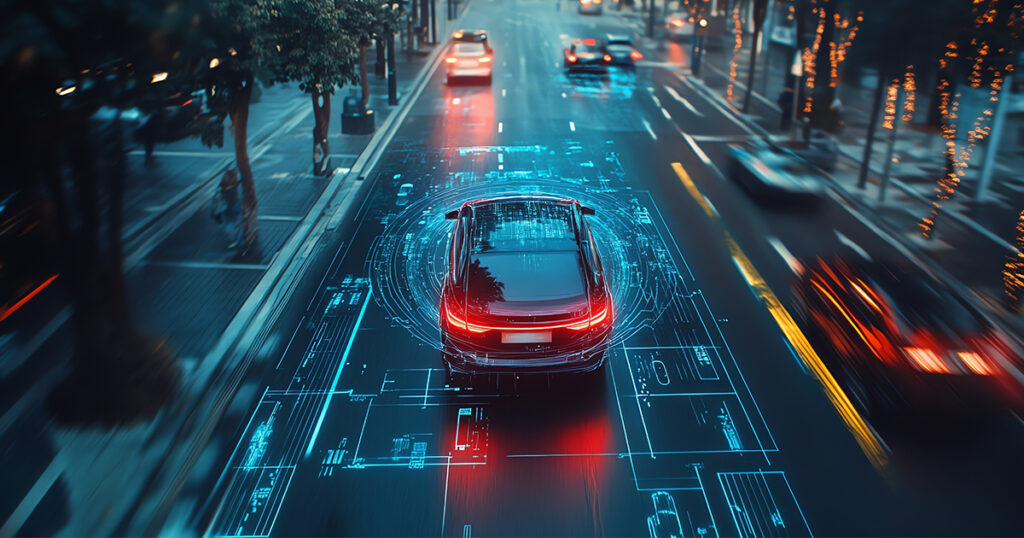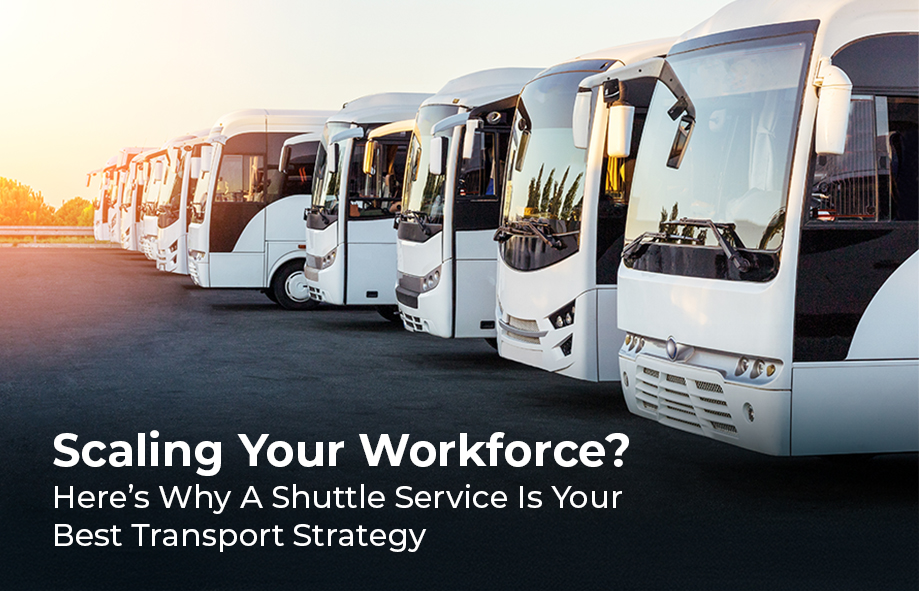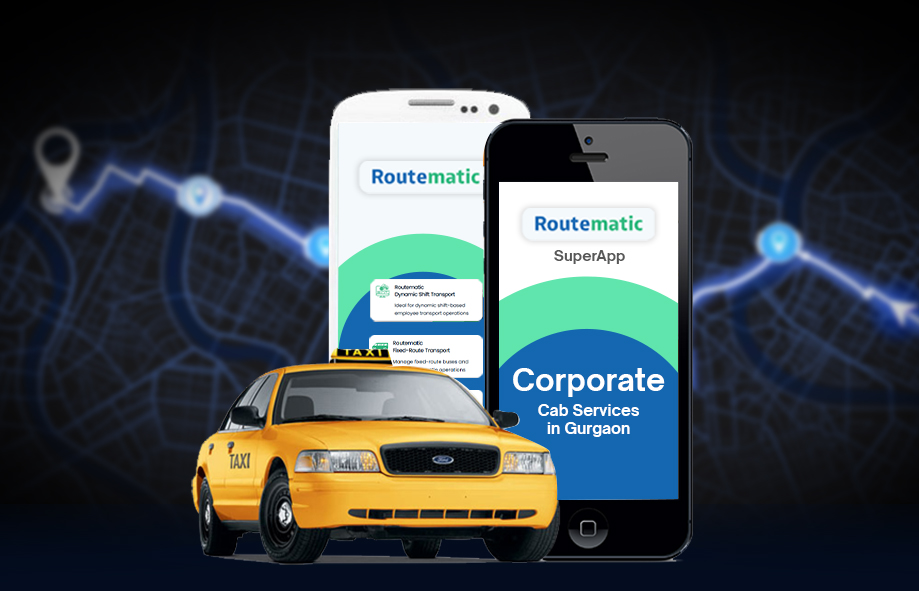In today’s dynamic business climate, the future of corporate mobility is rapidly changing. Businesses aiming to remain competitive must adapt to these shifts. As we look towards 2025 and beyond, understanding the future of corporate mobility, along with the related corporate transportation trends and employee transportation future, is vital for organizations. This article explores the top trends and predictions that will define corporate mobility in the coming years.
Understanding Corporate Mobility
Corporate mobility is a term that encompasses the strategies and practices that organizations utilize to facilitate the movement of employees and resources. As companies expand globally and adopt flexible work arrangements, the future of corporate mobility plays a crucial role in shaping operational efficiency and employee satisfaction.
The Importance of Sustainability
One of the most significant trends influencing the future of corporate mobility is a firm commitment to sustainability. As the world becomes increasingly aware of climate change, organizations are turning to eco-friendly transportation options.
Electric vehicles (EVs) are becoming integral to corporate fleets. Businesses adopting these vehicles can significantly reduce their carbon footprint while also cutting long-term operational costs. By prioritizing EVs, organizations will not only contribute to environmental sustainability but also enhance their appeal to employees who value corporate responsibility.
Moreover, corporate transportation trends now include the adoption of bike-sharing programs and public transport subsidies. Such initiatives promote greener commuting habits, making companies more attractive to environmentally conscious employees. Over the next few years, we anticipate that organizations with a focus on sustainable commuting will lead the way in the future of corporate mobility.
The Rise of Mobility-as-a-Service (MaaS)
The integration of Mobility-as-a-Service (MaaS) is another key trend on the horizon. This innovative model allows employees to access various transport modes, all through a single digital platform. The future of corporate mobility will rely heavily on these integrated solutions, as they provide flexibility and efficiency for commuting employees.
With the rise of MaaS, employees can choose the most convenient and cost-effective transportation options based on their personal preferences and specific needs. As a result, organizations will benefit from improved operational efficiency, reduced costs, and increased employee satisfaction. Furthermore, utilizing data analytics within MaaS solutions will provide insights that help organizations optimize their transportation strategies.
Adapting to Remote Work and Hybrid Models
The experiences of the COVID-19 pandemic have led to lasting changes in workplace dynamics. Remote work and hybrid models are now commonplace, prompting organizations to rethink their corporate mobility strategies. The employee transportation future is becoming less about traditional commuting and more about adaptability and convenience.
Companies must implement transportation solutions that accommodate this new reality. Options such as on-demand transport services, flexible office locations, and support for remote employees will be key in ensuring a smooth transition into this evolving work environment. In this context, the future of corporate mobility will focus on tailored solutions that meet employees’ varying needs.
Technological Innovations
Technology will play a pivotal role in shaping the future of corporate mobility. Emerging tools such as artificial intelligence (AI), machine learning, and the Internet of Things (IoT) are set to revolutionize corporate transportation.
AI can facilitate real-time traffic analysis, optimizing travel routes to enhance commuter efficiency. Furthermore, smart vehicle technologies assist companies in fleet management, lowering maintenance expenses and improving the utilization rates of their vehicles.
Autonomous vehicles (AVs) represent another exciting frontier in corporate mobility. As AV technology advances, organizations could utilize these vehicles to create safe, efficient employee transportation solutions that align with the expectations of the modern workforce.
Enhancing Employee Experience
The experience of employees during their commutes is becoming an increasingly important focus for organizations. The future of corporate mobility will prioritize employee satisfaction in transportation, creating a more engaging workplace atmosphere.
Employers should explore customizable transportation options, empowering employees to choose methods that align with their lifestyles. Enhanced amenities such as Wi-Fi access, comfortable seating, and charging stations can transform the commuting experience into productive travel time.
Incentives for eco-friendly transportation practices could further promote employee engagement. Companies might introduce rewards programs for carpooling, biking, or utilizing public transport, helping foster a culture of sustainability. As the future of corporate mobility takes shape, prioritizing employee experience will greatly contribute to employee retention and productivity.
Navigating Policy Changes
The evolution of corporate mobility will be accompanied by shifts in policy and regulations. Businesses must stay vigilant about new transportation-related policies, especially regarding emissions targets, EV incentives, and licensing requirements for ridesharing services.
Organizations that actively engage with lawmakers to shape transportation regulations will hold a competitive edge. By advocating for policies that foster sustainable corporate mobility, companies can enhance their reputations while contributing positively to their communities.
Conclusion
The future of corporate mobility is being shaped by various trends and predictions that emphasize sustainability, technology, employee experience, and flexible working arrangements. As we head into 2025 and beyond, organizations that proactively adapt to these changes will have a significant advantage.
By understanding corporate transportation trends and investing in the employee transportation future, companies can establish efficient, sustainable, and engaging work environments.









